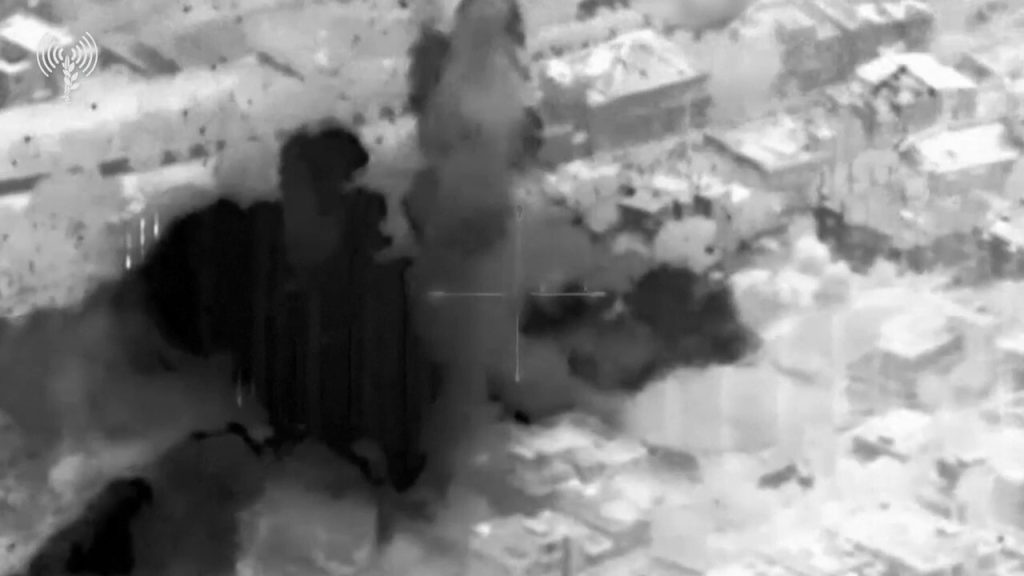Israel launched a series of overnight strikes on sites in Lebanon where the Israeli military alleges Hezbollah terrorists were operating. The strikes targeted infrastructure sites in southern Lebanon, including areas like Chihine, Tayibe, and Khiam. The Israeli Defense Forces (IDF) stated that they will continue to operate against the threat of the Hezbollah terrorist organization to defend the State of Israel. The strikes followed two waves of deadly electronic device explosions across Lebanon, killing a total of at least 37 people and wounding thousands.
Hundreds of pagers used by Hezbollah members exploded on Tuesday, killing 12 people and injuring around 2,800 others. Another wave of electronic devices detonated on Wednesday, resulting in the deaths of at least 25 individuals and the injury of more than 450. The devices included walkie-talkies and solar equipment. While Israel has largely been blamed for the explosions, the Israeli government has not officially commented on the incidents. However, a senior U.S. official confirmed to Fox News that Israel was behind the explosions of pagers used by members of Hezbollah in Lebanon.
Hezbollah leader Hassan Nasrallah addressed the attacks on Thursday, stating that the group is investigating the incidents. Nasrallah described the strikes as a severe and unfair blow, accusing Israel of crossing all boundaries and red lines and potentially committing war crimes. He warned that the enemy would face a severe and fair punishment. The Israeli military released a statement blaming Hezbollah for using civilian homes as shields and turning southern Lebanon into a combat zone. The explosions have raised concerns about a potential escalation into a full-scale war between Israel and Hezbollah.
The IDF targeted Hezbollah infrastructure sites in southern Lebanon like Blida, Meiss El Jabal, Aitaroun, and Kfarkela in their overnight strikes. They also struck a Hezbollah weapons storage facility in Khiam. The IDF affirmed their commitment to defending Israel against the threat posed by Hezbollah. The explosions in Lebanon have raised tensions between the two countries, with concerns about further escalation. Israel has not officially commented on the explosions, but the U.S. has confirmed that Israel was behind the attacks on Hezbollah pagers.
The deadly explosions in Lebanon have resulted in a significant loss of life and have caused widespread damage. The attacks have been linked to Israel, although the Israeli government has remained silent on the matter. Hezbollah has condemned the strikes, with Nasrallah warning of a severe retaliation for what he perceives as war crimes committed by Israel. The blasts have further exacerbated the already tense situation between Israel and Hezbollah, with fears of a potential all-out conflict looming. The explosions have intensified concerns about the escalation of violence in the region and the potential for a full-scale war between the two sides.
The Israeli military has continued its operations against Hezbollah in Lebanon, targeting key infrastructure sites in the southern region. The strikes have been part of Israel’s efforts to defend itself against threats posed by the Hezbollah terrorist organization. The explosions in Lebanon have caused significant casualties and destruction, leading to heightened tensions between Israel and Hezbollah. Both sides have accused each other of crossing red lines and committing potential war crimes. The situation remains volatile, with the risk of further escalation and a broader conflict between the two adversaries.


